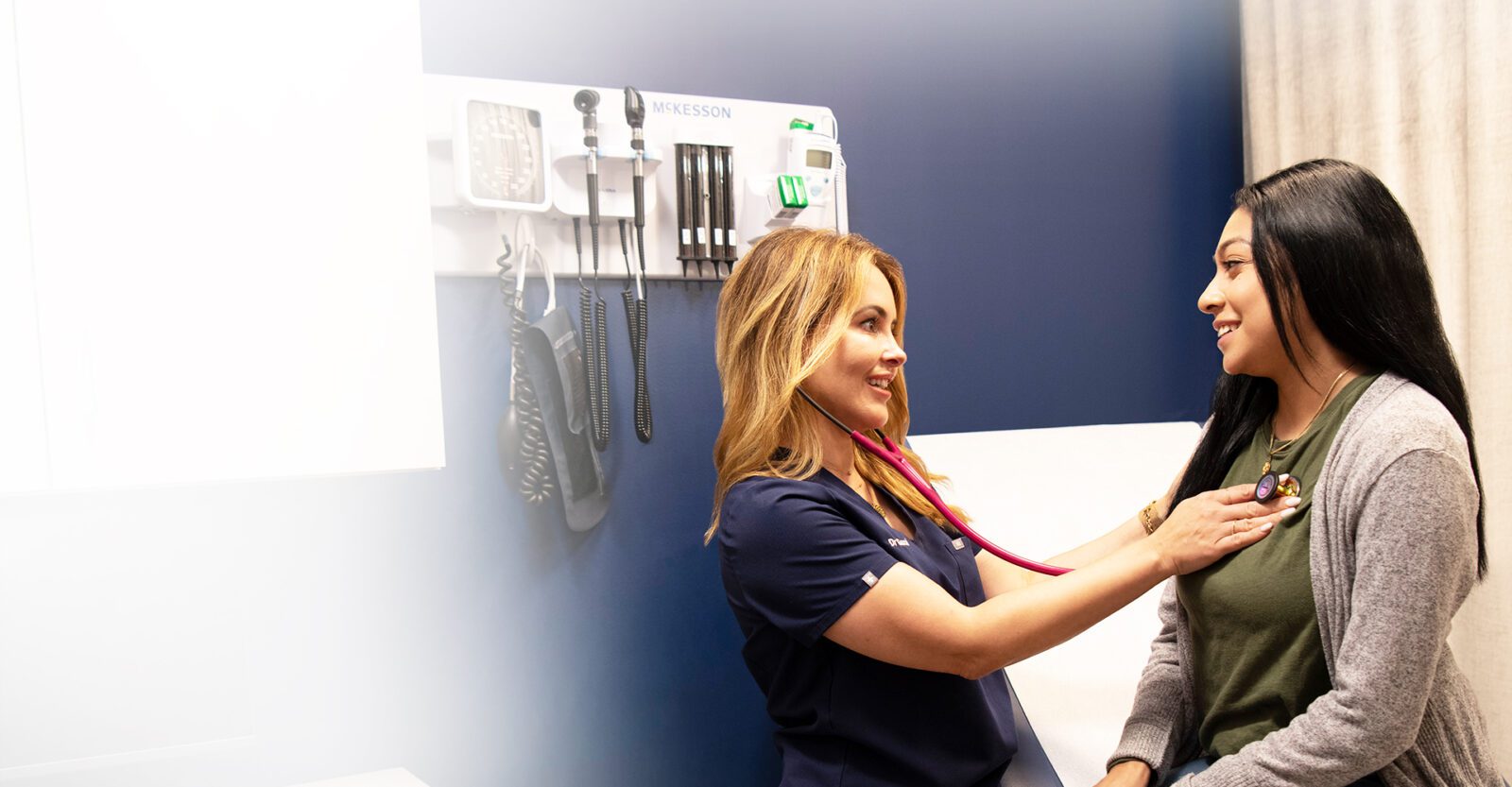Paging Dr. Google: Cyberchondria


These days, it’s rare that I make it through a shift in the ER without seeing at least one patient who has Googled their symptoms and already made a self-diagnosis. This trend of do-it-yourself doctoring has become so common that we often joke that the patient has been seen by Dr. Google. In general, searching your symptoms is not a bad thing to do, as it can help you become more educated about your health. However, more information can also lead to more anxiety and a self-diagnosis that isn’t necessarily true. This is what we refer to as cyberchondria.
For example, I’ve had patients with relatively common symptoms such as a runny nose, sore throat, and enlarged lymph nodes Google their symptoms and end up convinced they have cancer because there is a bump on their neck. One patient even reached a self diagnosis of non-Hodgkin’s lymphoma. With cases like this, I always sit with the patient, listen to his or her concerns and walk them through how I used their medical history, exam, test results and other factors to make a diagnosis. In most cases, the bump in the throat is not a serious threat, but rather a swollen gland caused by a virus. Typically, taking the time to explain my conclusion helps put the patient at ease.
Does this scenario sound familiar? Have you experienced cyberchondria? Before jumping to conclusions about your health, take a deep breath and remember that it’s far more likely that your sore throat is the result of a virus rather than a serious illness. No matter what you may have found online, remember this one important rule: if you’re worried about a health issue, don’t hesitate to call your primary care physician and seek care when necessary. You should never be afraid to discuss your concerns and it’s perfectly fine to acknowledge that you searched online and are now worried. Just keep things in perspective, don’t panic and have an open dialogue with your physician so they can educate you, provide an official diagnosis and explain your treatment options. Educating our patients and helping them understand their condition is an important part of our job. The internet can be an excellent resource, but it is no substitute for a trained physician.
It’s been interesting to see what trends in healthcare and what does not. Safety issues? Heat? Cold? Cyberchondria? I’ve gotten recent mail questioning if it even exists. Well, let me tell you this: I think it does. Here’s a great segment put on by my local NPN (with me as a guest and answering some of the questions): Eight Forty-eight. Take a listen (it’s only 20 minutes long), some really great questions and comments. Great discussion.
